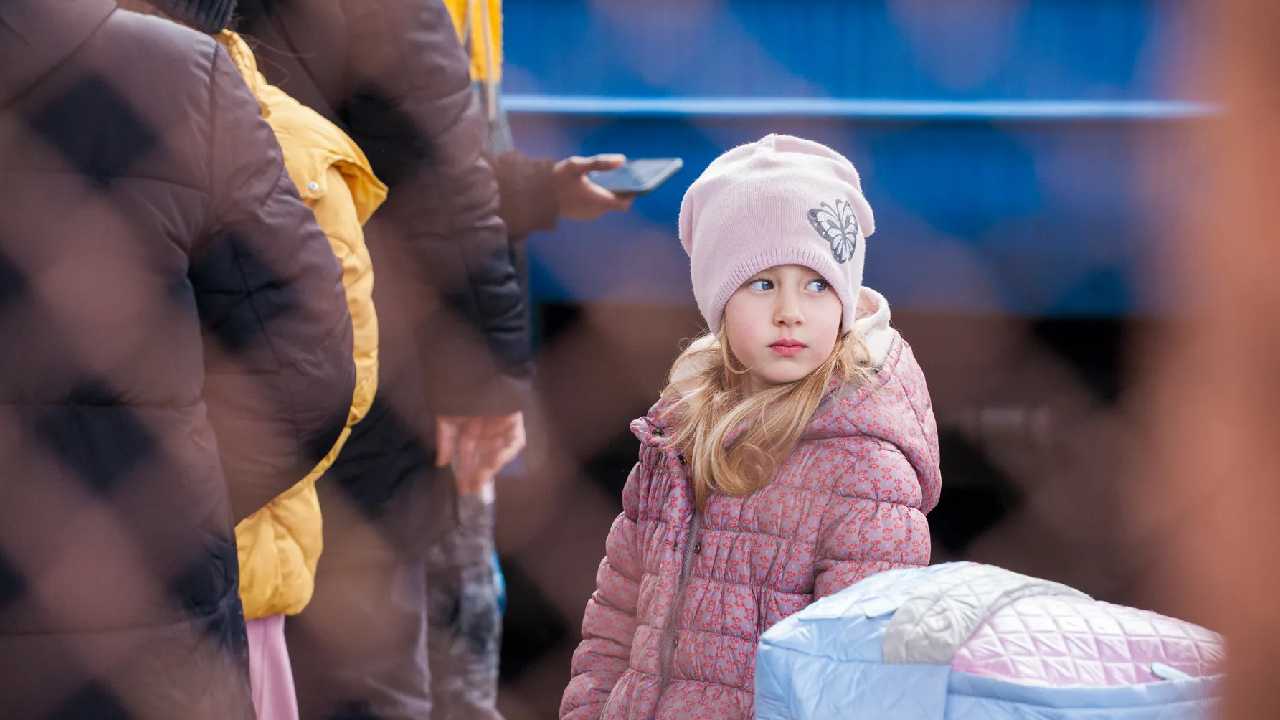UNICEF chief Catherine Russell, in a statement issued on Thursday, a month after Russia launched a full-scale invasion of Ukraine on 24 February 2022, said that the war has caused one of the fastest large-scale displacements of children since World War Two.
The displaced children include more than 1.8 million who have crossed into neighbouring countries as refugees and 2.5 million who are now internally dislocated.
According to UN human rights office, OHCHR, 78 children have been killed, and 105 have been injured in Ukraine since 24 February. However, the agency said that these figures represent only those casualties that the UN has been able to confirm, and the correct toll may be far higher.
Over the last four weeks, the World Health Organisation (WHO) has reported 52 attacks that have impacted health care facilities across the country and Ukraine’s Education and Science Ministry has reported damage to more than 500 educational facilities.
The United Nations say that about 1.4 million people in Ukraine now lack access to safe water; 4.6 million people have limited water access and are under threat of being entirely cut-off; and more than 4,50,000 babies, between 6 and 23 months, need complementary food support.
UNICEF has so far delivered medical supplies to 49 hospitals in nine regions of Ukraine, including Kyiv, Kharkiv, Dnipro and Lviv. It is also increasing the number of mobile child protection teams inside acute conflict zones. In the coming weeks, it plans to start emergency cash transfers to the most vulnerable families and establish child-friendly spaces in key locations across the country.
With UNHCR, UNICEF has partnered with governments and civil society organisations to create so-called “Blue Dots,” safe spaces along border crossings for children and families, who have fled Ukraine. The agencies are trying to provide key information to these families, help identify unaccompanied and separated children, ensure the protection of those travelling on their own, and offer a hub for essential services, as the threat from child and sex trafficking gangs increases.


























